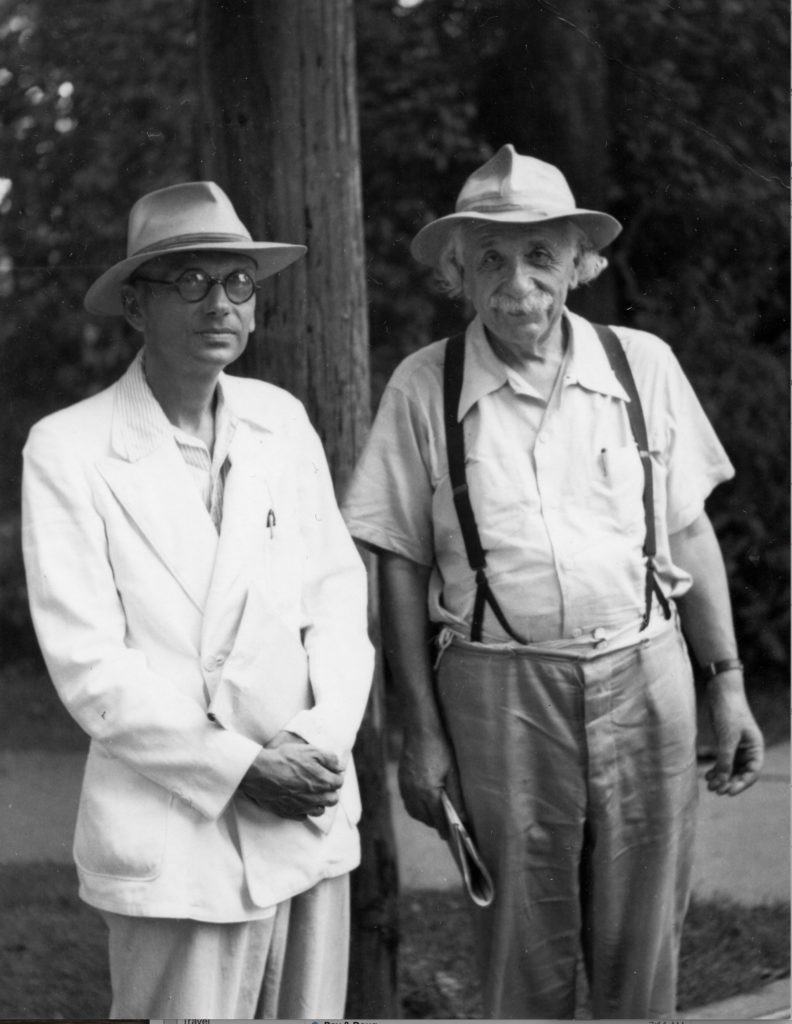
Highly intelligent people often immerse themselves so deeply into their research that they spend little time with people outside their domain, thereby limiting their exposure to the world at large. For example, those who have grown up in protected environments, without exposure to bullies and aggressive people, sometimes become pacifists, believing that a refusal to fight will end all wars. However, the lessons of history have taught us that humans are territorial animals and the ongoing competition for land and resources demands that military escalation by a rival be met with a sufficient deterrent. Prominent intellectuals like Albert Einstein and Bertrand Russell–originally pacifists–revised their opinions on the necessity of preparing for war after the rise of the Nazi’s in World War II.
Sometimes, highly intelligent people fall into what psychologists call the intelligence trap–a tendency of experts to overreach the limits of their expertise. While highly intelligent people are used to being right much more often than being wrong, they are especially susceptible to this cognitive trap. Since the natural sciences are typically dedicated to the search for disconfirming evidence of current theories, we might expect the Hi-Q researchers in the natural sciences, to be immune. However, it seems that confirmation bias is ubiquitous; few, if any, escape its lure.
Quite frequently, Nobel laureates or winners of other prestigious awards, make scientifically unjustified assertions within or outside their field of expertise. This phenomenon, often described as “Nobel disease,” is a common result of confirmation bias. Indian astrophysicist Subrahmanyan Chandrasekhar, who won the Nobel Prize in 1983 describes how a scientist may fall into this cognitive trap:
These people [winners of prestigious awards] imagine afterward that the fact that they succeeded so triumphantly in one area means they have a special way of looking at science that must be right. But science doesn’t permit that. Nature has shown over and over again that the kinds of truth which underlie nature transcend the most powerful minds.
Intelligence, referred to as g, is a mixture of fluid intelligence (neural speed and efficiency) and crystallized intelligence (knowledge). The highly intelligent score particularly high on fluid intelligence. However, in cases where the crystallized intelligence is accumulated knowledge in a particular field, awareness outside that field may be limited. It was to Einstein’s credit that when Einstein was invited to become the President of Israel, he refused, stating that he lacked the natural aptitude for social interaction that would be required in such a political position. In other words, he felt his exceptional problem solving skills in physics would not easily transfer to managing human affairs. Brilliance in a particular intellectual arena does not necessarily transfer across all domains. For more information on this topic, visit: Does intelligence increase your ability to fool yourself? – Intelligence and IQ
